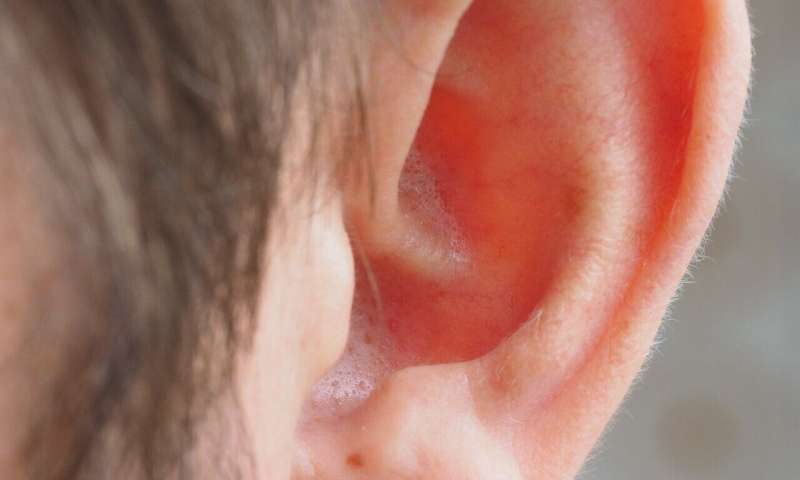
Older adults who get a hearing aid for a newly diagnosed hearing loss have a lower risk of being diagnosed with dementia, depression or anxiety for the first time over the next three years, and a lower risk of suffering fall-related injuries, than those who leave their hearing loss uncorrected, a new study finds.
Yet only 12% of those who have a formal diagnosis of hearing loss actually get the devices—even when they have insurance coverage for at least part of the cost, the study shows. It also reveals gaps in hearing aid use among people of different racial and ethnic backgrounds, geographic locations and genders.
The findings, made by a University of Michigan team using…


























